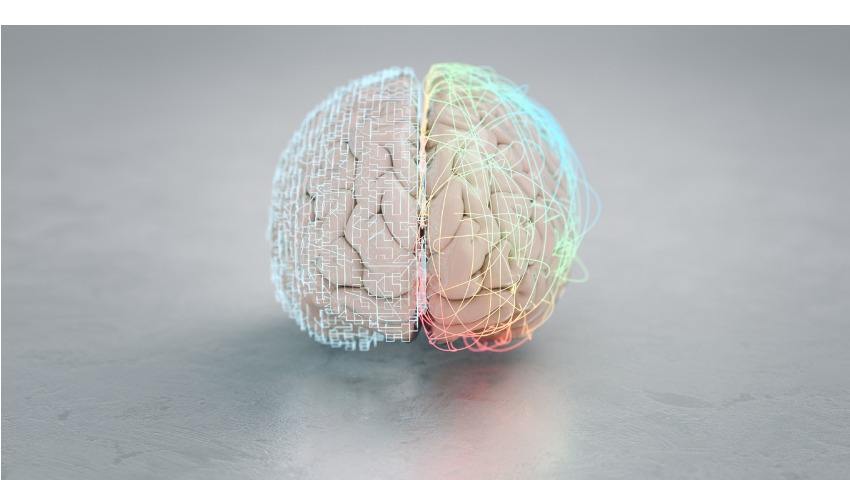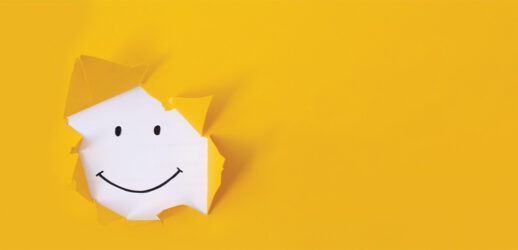In a world flooded in social media, information inundation and the unceasing flow of products on the internet, we hear a lot about disconnecting from our tech. This desire to use tech less is intensified by its documented erosion of our ability to concentrate and devote full focus to a task. Tech can cause distraction (think texting, Instagram, binging alerts), diverting us from our goals with the same intensity it helps us accomplish them.
Tech Solving Tech
Ironically, but unsurprisingly, a solution to ease those pitfalls is offered by more technology. Focus@Will is a company devoted to the pursuit of tunnel vision in the best sense. It offers a music streaming service—but not one for catching up on all this year’s Grammy-nominated songs.
See also: How to Add the Power of Music for Your Next Event
The company’s streaming content is driven by neuroscience; it utilizes research on attention, distraction and habituation to offer curated sounds based on your focus type. It then suggests one of over 25 instrumental channels based on a quiz about your “attention personality.”
Finding Your Flow
What kind of thinker are you, creative or logical? Are you introverted or extroverted? Do you have an active imagination? These are just a few of the criteria used to assess which sounds will put you in a “flow state.” You’ve probably heard that term—it’s the nearly ethereal mode of focus that can come to artists, athletes and planners alike. It’s a magical state where distractions and external stimuli fade away, attention to a task or goal is streamlined, and you don’t compulsively check email or find yourself wondering when to take a lunch break.
What It Actually Does to Your Brain
To access the flow state, you need to employ selective attention—in other words, tune out distractions unrelated to your task. When you successfully do so, however, you can easily fall prey to habituation. That means you’ve become bored with your environment or goal to the point that your brain seeks new stimuli. The streaming content, specially produced for the service, is composed to balance these neural states.
See also: Brain Health Isn’t Just in Your Head
In summary, it’s not supposed to jar you out of focus, but provides enough new stimulus to stave off habituation.
Let’s Get Science-y
According to data presented (and referenced) on the company website, audible distraction works something like this: When you hear jarring sounds (or experience other stressful stimuli), a bunch of neurons in the brainstem, locus coeruleus (LC), are likely to be activated. They produce noradrenaline, which stimulates many areas of the brain. Clearly, you don’t need an over-stimulated LC while summarizing a bunch of reports or planning logistics for your event. That’s where music can help.
So, you wonder, wouldn’t music you like be the best bet? Not necessarily.
“Music that has emotional or sentimental overtones is likely to stimulate your emotional and memory processing, and music that is too fast, variable or loud will jar your LC back into action,” says the Focus@Will website, in an article that explains the research behind the venture. You need music that you neither like nor dislike, that doesn’t jolt you and doesn’t overly soothe you.
“We do this by making sure that each piece of music is related to the previous piece in a way that keeps you from being distracted by the changes, but each piece is different enough from the previous one so that you don’t habituate to the music or your goal,” the website states.
Usability
The service is available for your preferred device—Android, Apple, web browser or Sonos. You can use it with headphones or without, although noise-canceling headphones are best if you’re in a noisy environment. It offers a simple interface: a pause/play button, a skip track button, a symbol for the station channel you’re listening to.
You can also set a session timer to keep the music running up to four hours. Once the session ends, you can rate your productivity for it, which the accompanying app will remember along with the station you used. That way you can track your productivity listening to different stations (if you choose to navigate outside of the quiz results).




